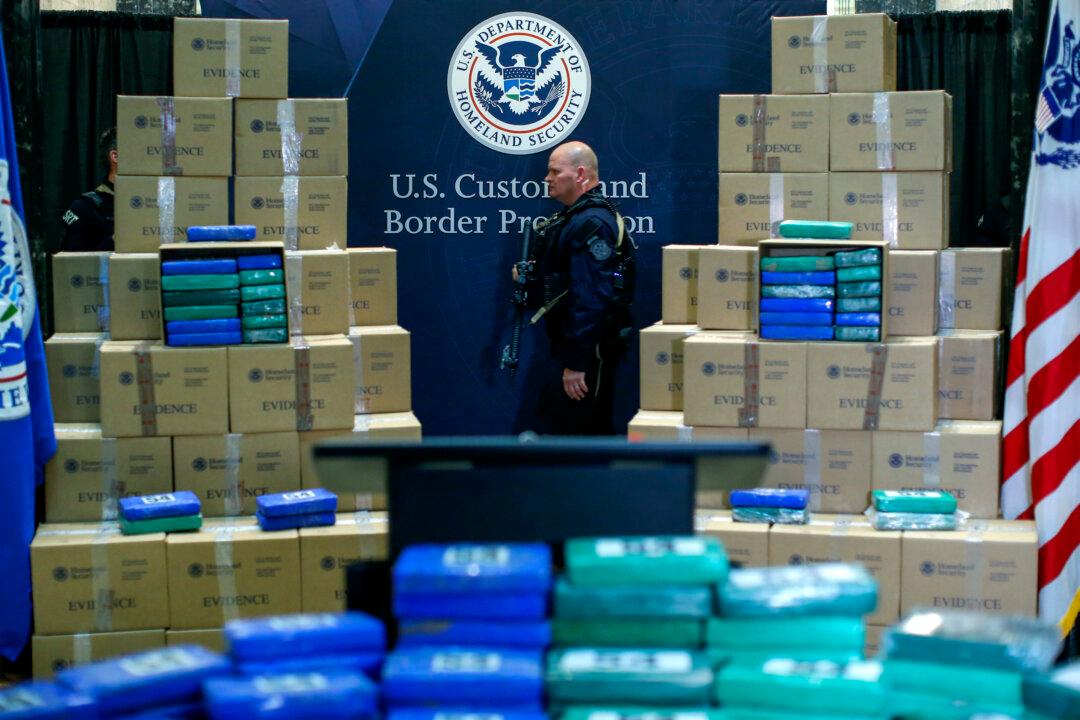A Chinese national found guilty of a money-laundering scheme to move tens of millions in drug proceeds was sentenced to seven years in prison on Aug. 3, while his Chinese co-conspirator pleaded guilty a day earlier, the U.S. Department of Justice (DOJ) announced.
Li Xizhi, 48, who pleaded guilty to a money laundering charge on Aug. 2, was one of six Chinese nationals charged in 2020 for their involvement in a transnational money-laundering network spanning countries including Belize, China, Guatemala, Mexico, and the United States. According to a statement from the DOJ, Li “played a leadership role” in the network, which included foreign and domestic front companies.





